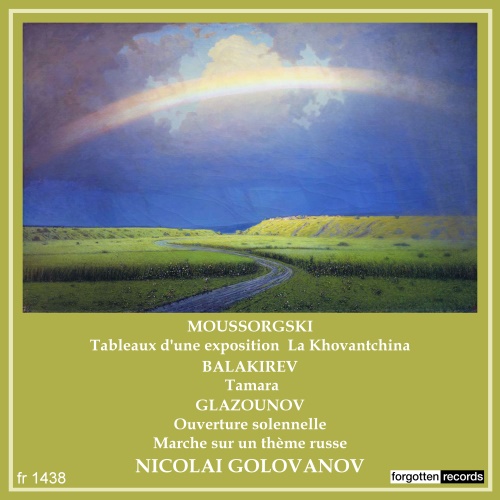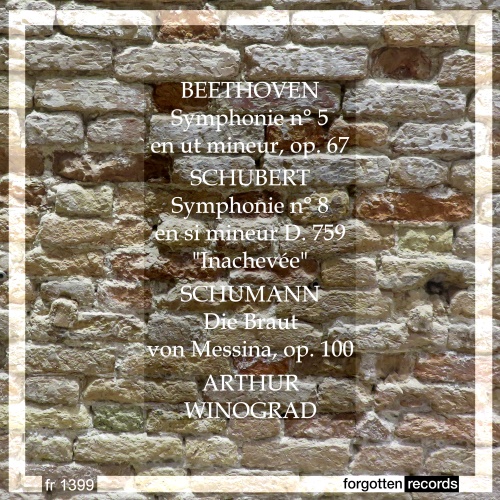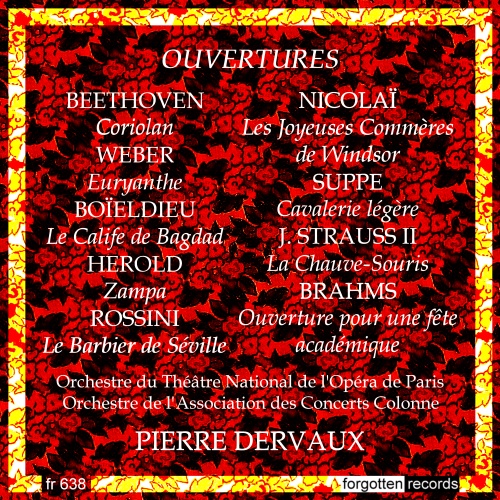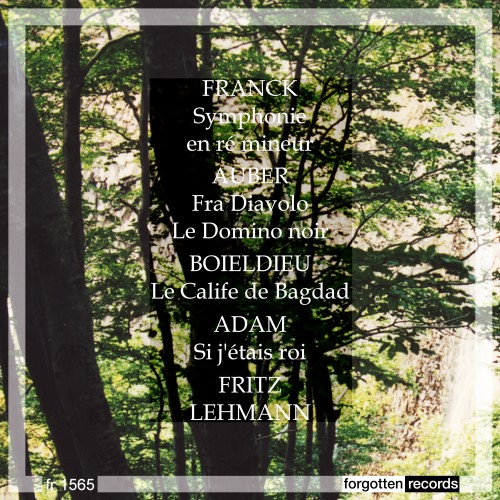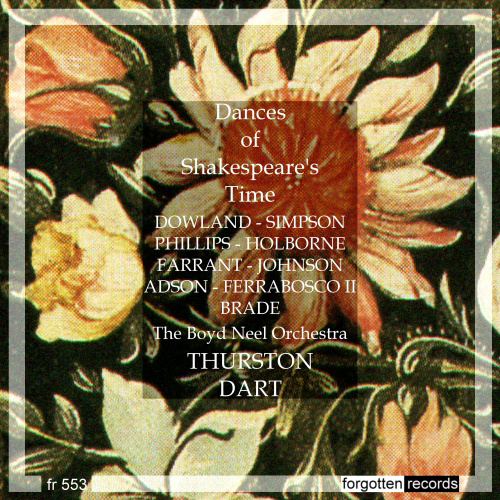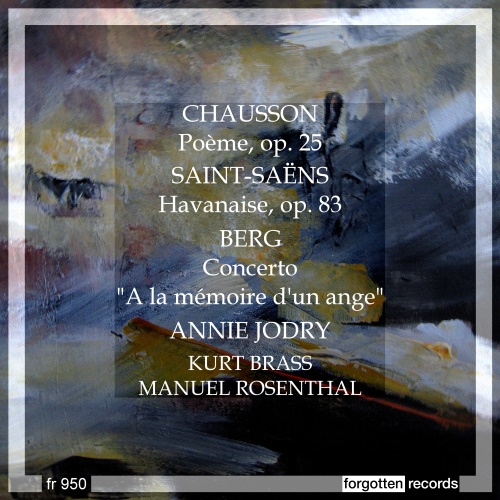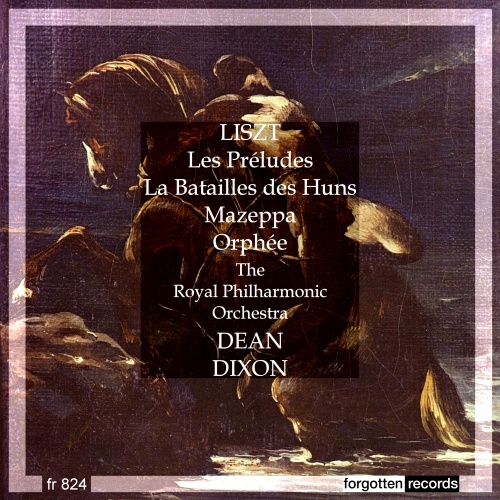The Russian composer Mily Balakirev (1837-1910) had a fundamental place in changing Russian music from being too emulative of German music and making a strong case for it being Russian. Working first through the idea of nationalism, he instilled in
Forgotten records
In their attempts to get beyond the symphony as defined by Beethoven, composers came up with new one-movement genres such as the concert overture. Sometimes regarded as a work in search of an opera, the concert overture gave composers the
As a welcome relief to the seemingly unending lines of poor operatic heroines who are victims of poor choices in lovers, relatives (fathers, brothers) who want to marry them off to inappropriate old men, etc., we have Camille and Alice,
The bandit leader Michele Pezza (1771-1806) defended his native Naples against the invading French using his native knowledge of the territory and his inadvertent army duty. Pezza, who had received the moniker of ‘Fra Diavolo’ as a child because he
Alfonso Ferrabosco the Elder (1543-1588) was an Italian composer who came to England around 1562 where he was nearly the only Italian in the country. A composer and son of Domenico Ferrabosco, he worked for Queen Elizabeth I, some say
Ernest Chausson (1865-1899) studied under César Franck and Jules Massenet at the Paris Conservatoire. Sole living child of an affluent building contractor who had made his fortune in the redevelopment of Paris in the 1850s under Baron Haussmann, Chausson dabbled
What is a capriccio? It has its roots in late 16th-century Italy, where it was used to describe a set of madrigals by Jacquet de Berchem in 1561. According to Furetière in his Dictionnaire universel (1690), ‘Capriccios are pieces of
The problem for Liszt was how to expand the orchestral genre into something less confining than the symphony – 4 movements, alternating slow and fast, contrasting triple section. Sigh. It’s all so old. Ok, we have the concert overture, but

